Volunteering for the Energy Institute
Volunteering for the Energy Institute provides a compelling opportunity to foster excellence in the energy sector, grow professionally, build a strong network, and make meaningful impact. Alongside all the benefits of being a member of the EI, there are a host of different opportunities to give back to your profession.
Why not become a volunteer today?
Volunteer roles
We recognize how important it is for you to volunteer in an area that aligns with your interests, skills, and availability. This is why we have designed different roles. As far as you are passionate about energy and contributing to the industry, there is a role for you!
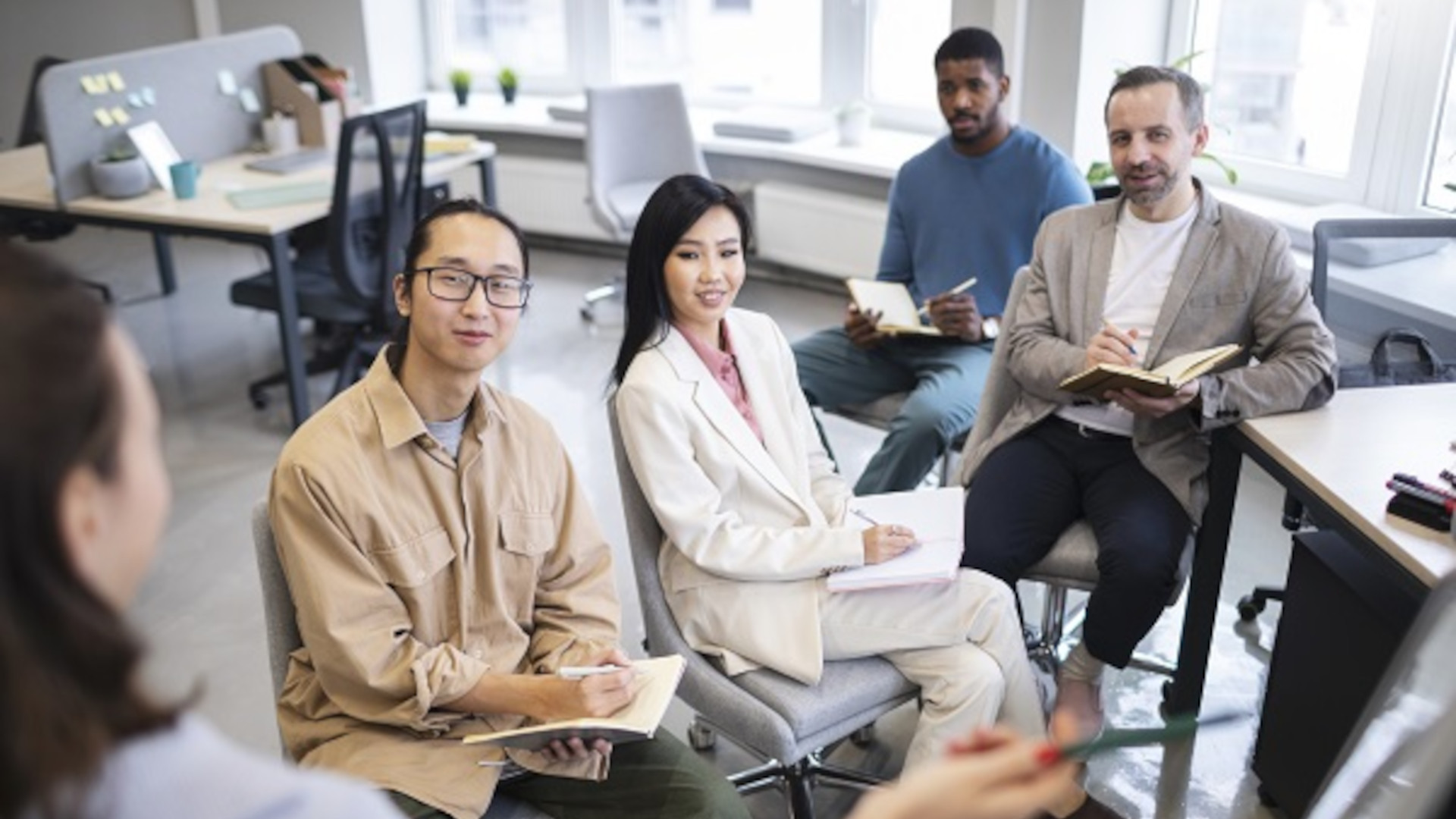
Help bring together the EI community in your area or field
Help bring together the EI community in your area or field
Communities are the vibrant expression of the Energy Institute’s resolute commitment to create a better energy future in every part of the world. They provide the opportunity for our members in different regions to contribute ideas that drive positive energy change within the context of their environment; creating a powerful synergy between our global vision and local execution. Additionally, these communities serve as spaces for our members to connect with each other, find support, and grow in their personal and professional careers.
Volunteers in our local communities support the work the Energy Institute does in different fantastic ways such as:
- Serving as committee officers
- Planning, publicizing, promoting and attending events in their region
- Engaging and encouraging prospective members and institutions to join the EI
- Communicating your local knowledge of the needs of energy professionals in your region to the Energy Institute.
- Developing links with universities to strengthen the partnership between the profession and academia at local level.
- Promoting and assisting the establishment of Young Professionals Networks and EI-affiliated Student Groups in your locality, etc.
We have an extensive network of communities in different parts of the world, and we are always keen to welcome volunteers interested in advancing the cause of the Energy Institute in their locality, place of work, school, social circle, etc.
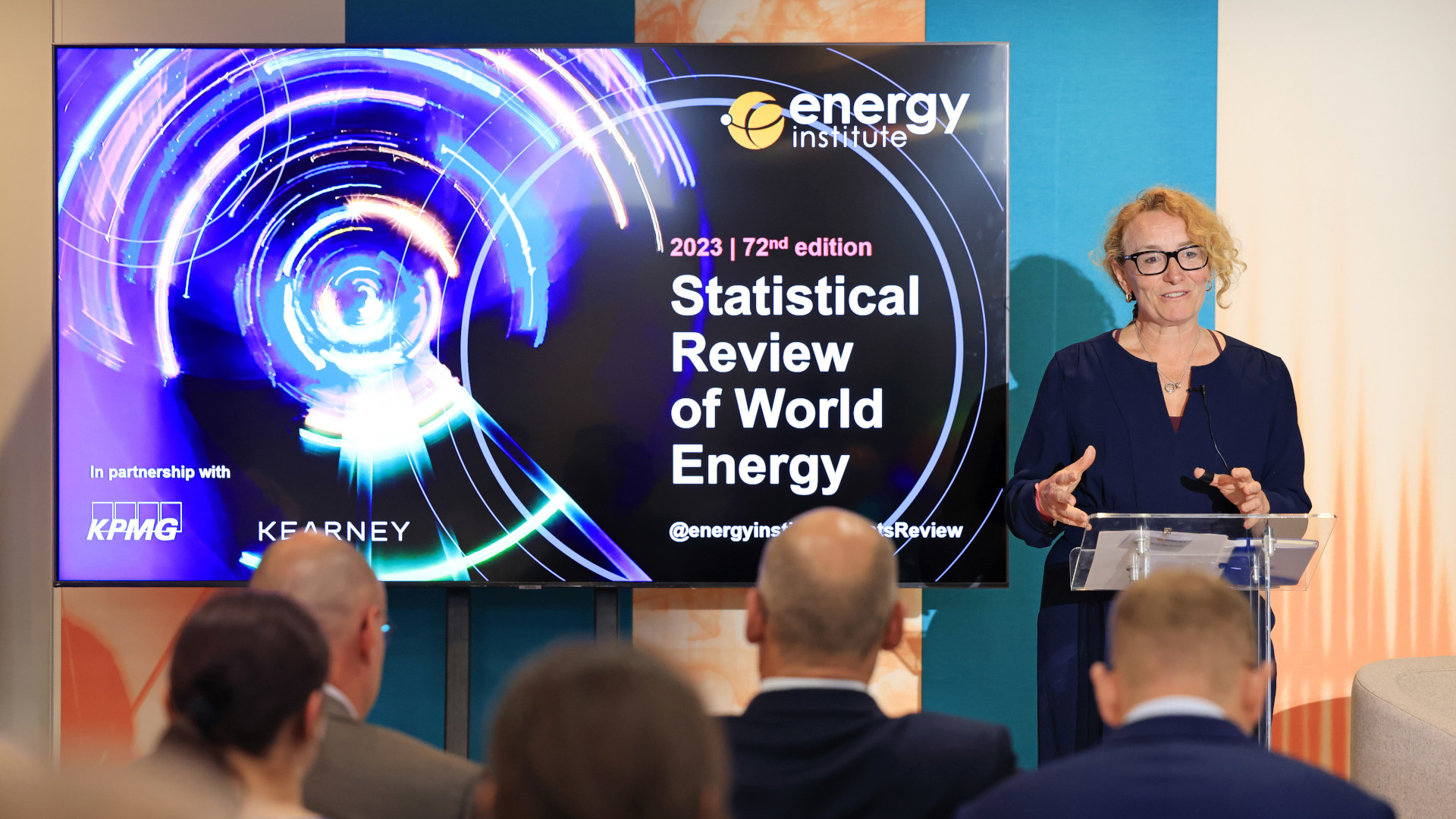
Contribute to EI publications, surveys and policy consultations
Contribute to EI publications, surveys and policy consultations
Contribute to industry thought leadership by sharing your expertise and thoughts in the Energy Institute’s magazine, New Energy World.
New Energy World embraces the whole energy industry as it connects and converges to address the decarbonisation challenge. It covers progress being made across the industry, from the dynamics under way to reduce emissions in oil and gas, through improvements to the efficiency of energy conversion and use, to cutting-edge initiatives in renewable and low carbon technologies.
The magazine is always open to article pitches, and we are keen to hear from our members. We publish opinion-led Comment articles (800 words) and in-depth Feature articles (1,500 words). If you are interested in writing for us, please send a brief pitch outlining your skills and experience and what you’d like to cover in the article to editorial@energyinst.org.
The Energy Barometer is the Energy Institute’s flagship annual survey and report that tracks how our members and other energy professionals view their work, the challenges facing energy and the wider world around them.
You can contribute to this survey by working with our Knowledge Service team as a volunteer on the EI’s Energy Advisory Panel to design survey questions, or by participating in the survey.
Ready to participate or contribute to the survey? Please send a mail to: knowledge@energyinst.org
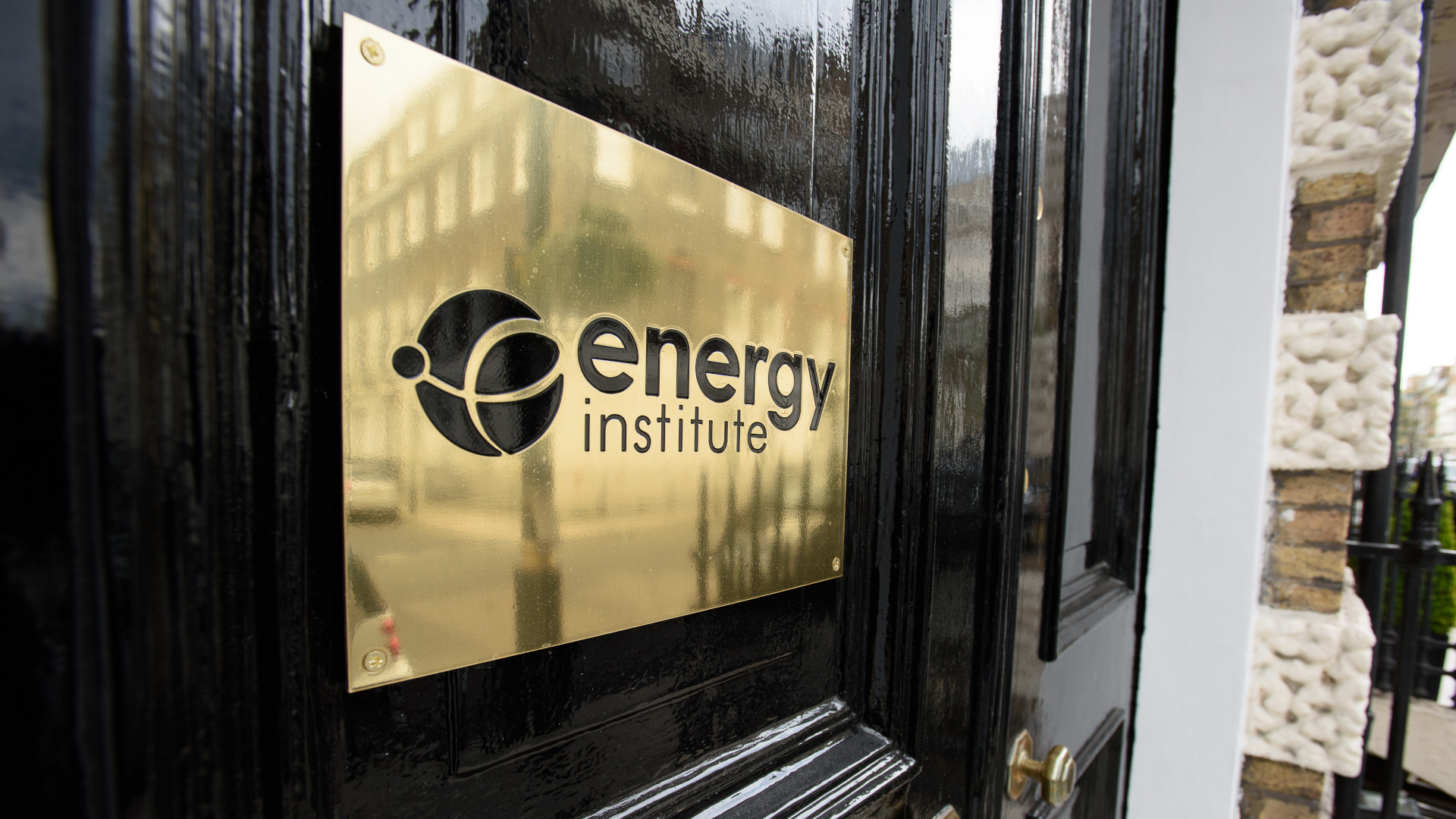
Help guide the EI and its core activities
Help guide the EI and its core activities
Occasionally, the EI seeks for qualified candidates willing to offer guidance, participate in decision making and oversee its activities through various Council Committees including, but not limited to, the Finance and Audit Committee, HR Committee, Energy Advisory Panel, and Professional Development Committee. Committee members commit to an initial term of three years, with the option to extend for a further two terms (subject to re-election). They typically meet four (4) times a year, both online and in-person.
The financial committee plays a crucial role in ensuring the Energy Institute's financial well-being. Key responsibilities include reviewing financial performance, budgets, and statements for compliance with legal requirements. The committee assesses and mitigates financial risks, oversees external audits, and evaluates internal controls to prevent irregularities. It ensures compliance with financial regulations and approves financial plans. Additionally, the committee promotes ethical practices and reports findings to the Council for informed decision-making.
We welcome applications from volunteers with expertise in investment strategy, pensions and accounting.
The HR Committee, delegated by the Council of the Energy Institute, meets at least twice a year and is responsible for overseeing staffing matters. Its remit includes approving remuneration and terms for Energy Institute staff, annual salary review, reviewing HR policies, assessing the organization's Health & Safety policy and performance, guiding the Chief Executive on HR matters, and making HR recommendations to the Council.
The committee comprises of the Chief Executive, Honorary Secretary, and at least three additional members with HR expertise.
The Energy Advisory Panel (EAP) Committee is responsible for providing counsel and assistance to the Energy Institute Knowledge Service (EIKS) team for the development and distribution of scientifically sound energy knowledge and information. Its primary objective is to cater to the informational needs of Energy Institute members and stakeholders, on all facets of energy supply and utilisation.
The Professional Development Committee (PDC) is a standing committee responsible for overseeing membership, professional development, and all aspects that impact the professional lives of EI’s members. This includes managing the process of joining, progressing, and receiving support in their careers, as well as overseeing professional qualifications and Continuing Professional Development (CPD). PAC engages in diverse and insightful discussions that cover a wide range of topics related to the membership experience and professional advancement.
Reporting to the Professional Development Committee, members of the Accreditation and Approvals Panel (AAP) committee provide critical expertise, guidance, and governance in delivering accreditation of programmes.
This is an opportunity to get involved with the future direction of engineering programmes and can help you demonstrate personal commitment to your field of work, as well as further your professional development. We welcome interest from all members and are seeking stronger representation across gender, geography, and career stage. Members of the AAP can be drawn from either academia or industry.
The AAP typically meets four times per year, with a mixture of online and hybrid attendance. Members of the panel review applications for accreditation from HEIs both in the UK and overseas, and attend visits to the HEIs to view facilities, and meet staff and students. The panel also assists with the review and changes to university programmes, and with queries from the EI accreditation team.
To apply for this panel, you will need to be an EI member. Please email your CV and a short covering letter, expressing your reasons for applying, to accreditation@energyinst.org. Should you need any further information, please don’t hesitate to contact us at accreditation@energyinst.org
Interested in volunteering on the Council through any of the committees, please email your CV and a short covering letter expressing your reasons for applying to ceo@energyinst.org.
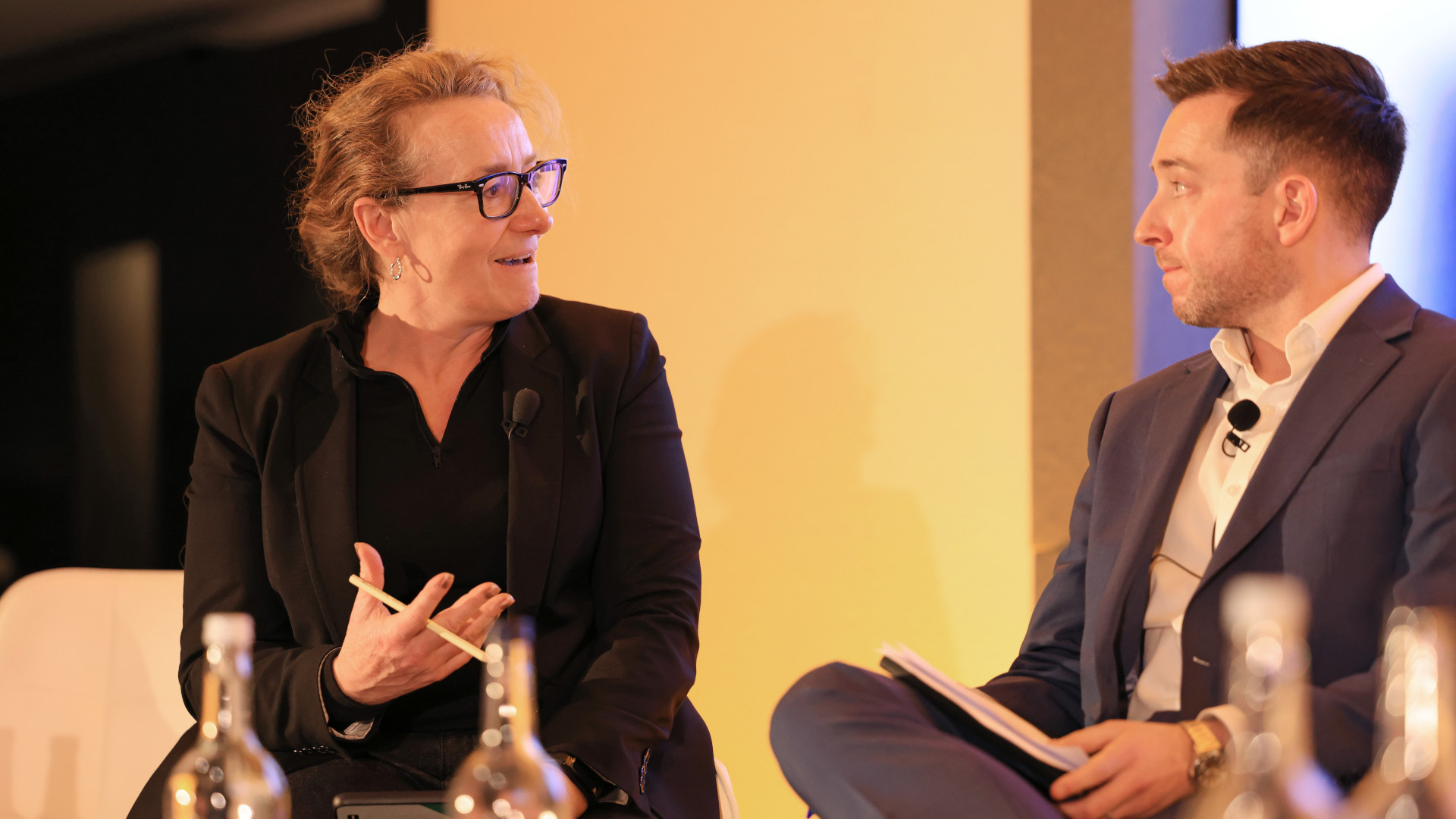
Mentor the next generation of energy professionals
Mentor the next generation of energy professionals
Are you a seasoned Energy Professional willing to make lasting impact in the life and career of other energy professionals? You can volunteer as a mentor on EI Connect - which is the Energy Institute's mentorship platform. Your wealth of knowledge and experience can shape the journey of other energy professionals facing challenges, pursuing professional qualifications, or venturing into new areas.
As an EI Connect mentor, you are in control: you decide how many people you want to support and your availability.
We only ask that you:
- be an Associate or a professional member of the EI - if you aren’t already an EI member and would like to join, you can sign up quickly and easily here.
- be committed to giving your time to a mentoring relationship. As part of your registration, you will be asked to read and agree to the EI Connect Mentoring Commitment.
Thank you for your interest in mentoring. To get started with volunteering as a mentor on EI Connect, please register as a mentor by clicking the link below:
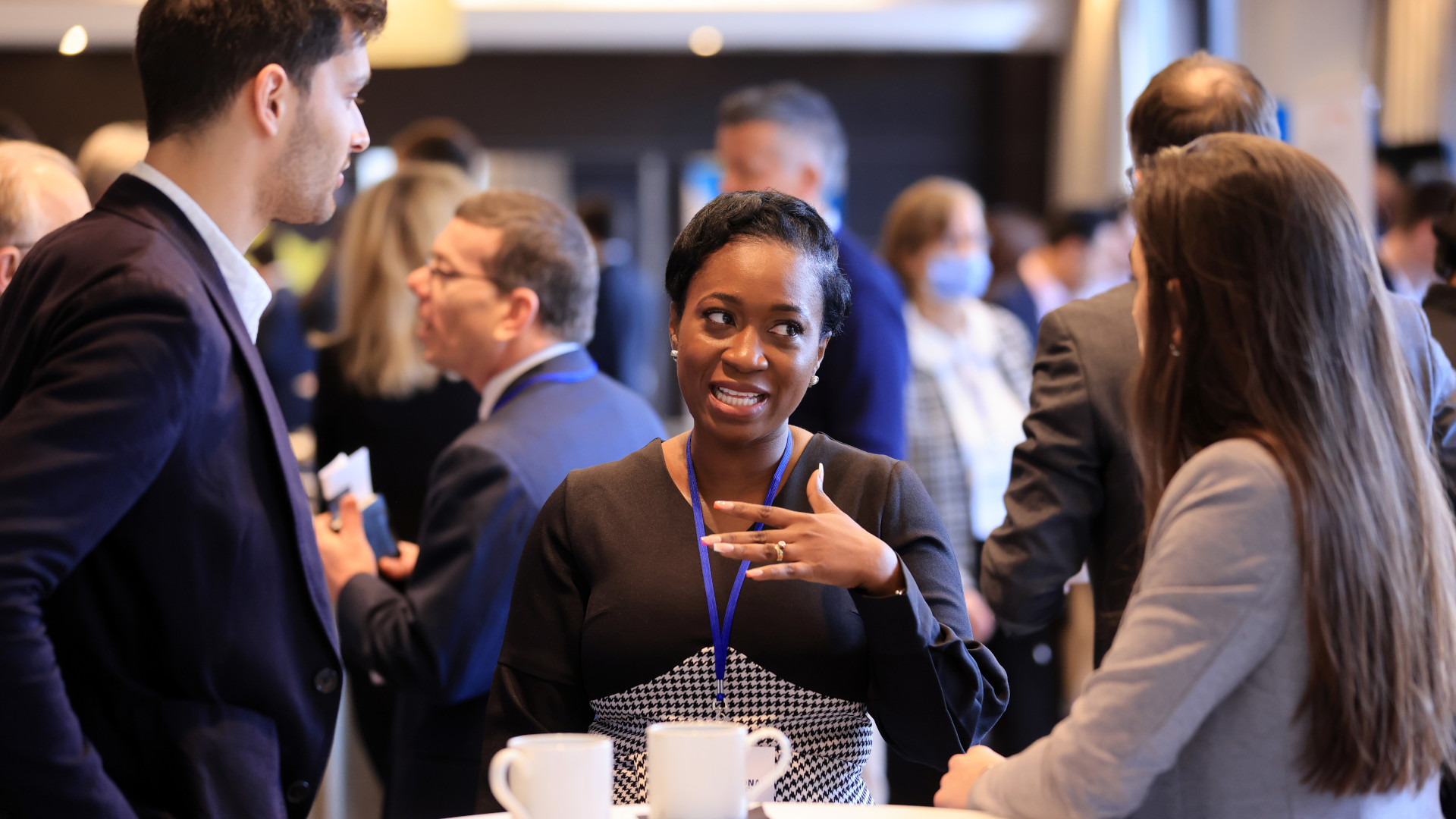
Promote the EI among your professional network and on social media
Promote the EI among your professional network and on social media
Through the Energy People Campaign, tell the world about the exclusive benefits you've enjoyed by being a member of the Energy Institute. Whether it's professional development, networking opportunities, or access to valuable resources.
To participate in this campaign, get in touch with your comments at membership@energyinst.org or post your experience on Instagram, Twitter and LinkedIn, using #EnergyPeople.
Your story can highlight the real impact of being a part of the Energy Institute and encourage people with shared interests and aspiration to join the EI.
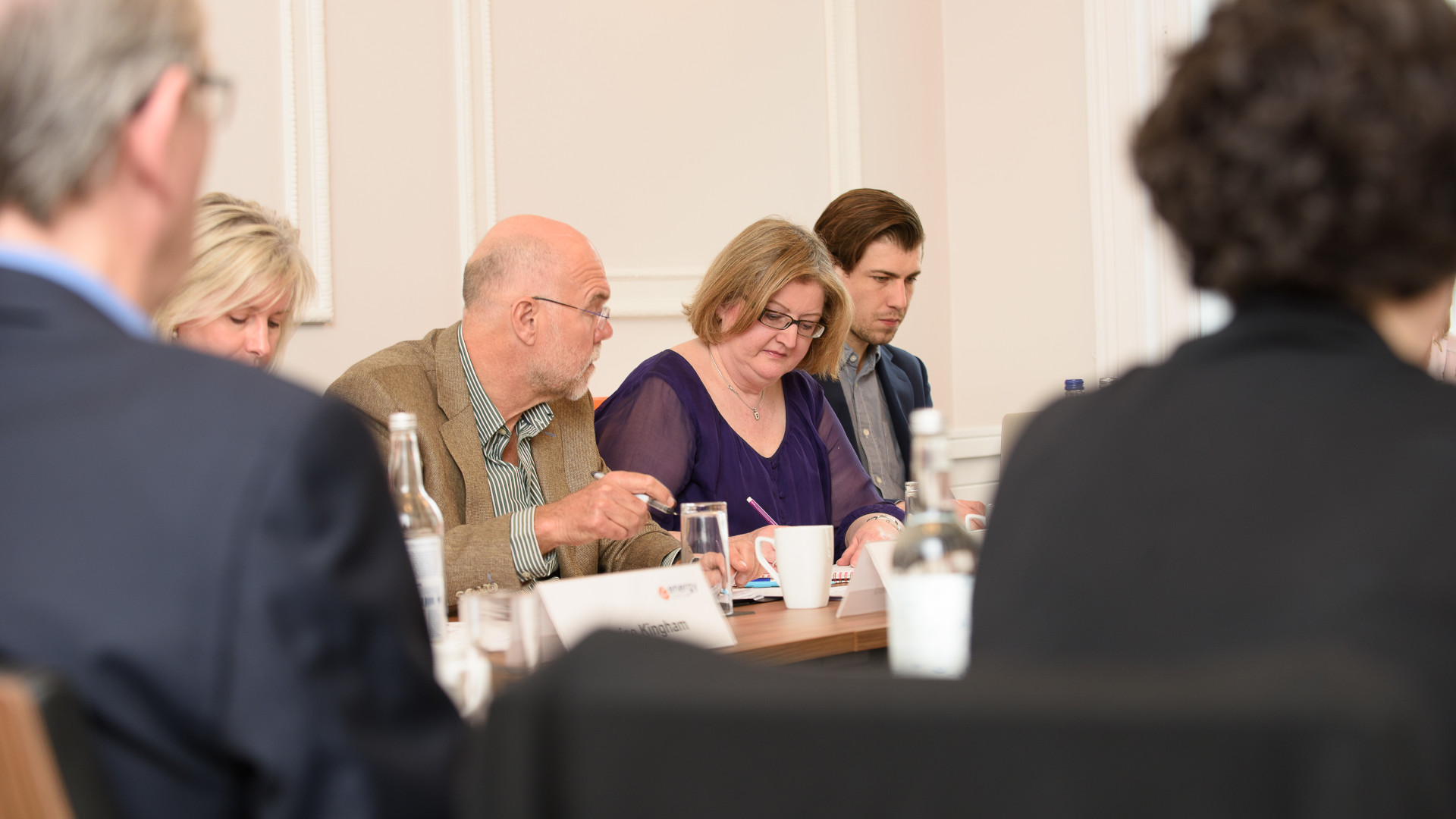
Assess and interview professional membership applicants
Assess and interview professional membership applicants
Thank you for your interest in volunteering to become an Assessor and/or Interviewer with the EI. This leaflet will provide some information on both volunteer roles.
An assessor will review all the application documents of the candidate, i.e., conduct a “desk based” assessment of the application, then complete an assessment form and make a recommendation for next steps.
For Chartered Energy Manager, only 1 assessor will assess the application.
For Chartered Environmentalist (CEnv) and ESOS Lead Assessor, 2 assessors will liaise together and assess the application.
You will be given at least 2 weeks to review an application and complete the assessment form.
An Interviewer will conduct an interview for those applicants referred to interview by the assessor(s), then complete an assessment form, and make a recommendation that is sent to the Membership Panel for formal approval.
For all titles, interviewers work in pairs, and the new interviewer will be paired with an experienced one.
Interviews last up to 1.5 hours and are currently conducted online via MS Teams.
We will ask for your availability to conduct an interview at least a month in advance, and you will receive the interview invite/applicant documents at least 2 weeks before the interview for the slot you selected availability for.
Yes, you can apply to be both. There is one training session for both volunteer roles so you will learn about both roles, how to do them and how they are crucial to the professional registration process. If you wish, you can apply for one of the volunteer roles and then decide to participate for both later on.
We recognise that you are volunteering with us, on top of the additional work and personal commitments that you might have, so we are flexible.
Applications are sent for review throughout the year, so if you are sent an application to review and you cannot do it, that’s fine – just let us know as soon as possible and we will reallocate to another assessor.
Interviews take place in ‘rounds’ - for 2/3 weeks every quarter, so you will be informed well in advance with an availability poll to complete. You will only be allocated to interview based on the slots you showed availability for. If you can’t carry out the interview, just let us know and we will reallocate to another interviewer.
As a volunteer with the EI, you will benefit from the following:
- Develop your reviewing, assessing and interviewing skills
- Help new applicants with their career progression
- Collaborate with other Assessors and Interviewers
- Share your knowledge and expertise with others
- Contribute to the advancement of the energy and environmental professions
The next training session will be online via MS Teams. It will last 3 hours and will be conducted by a lead trainer and support trainer. The lead trainer will be an existing experienced assessor and
interviewer for the title you are volunteering for. The support trainer will be the Professional Membership Manager.
The training session will explain the whole procedure, and the roles and documentation involved in the process.
The date/time of the next training session will be communicated shortly.
Great! Please complete the EI Assessor/Interviewer registration form and return to professionals@energyinst.org. We will be in touch shortly afterwards.
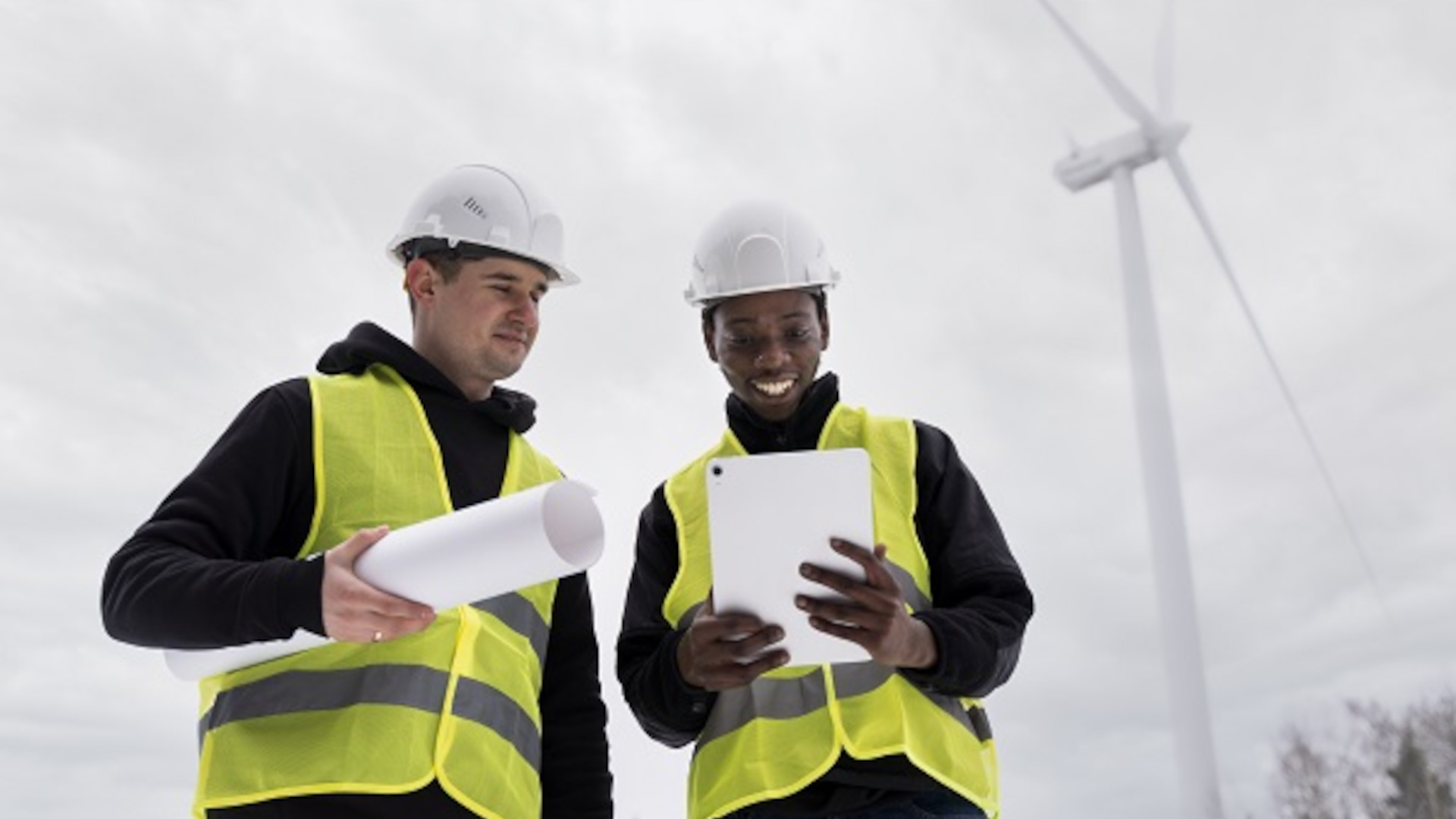
Add your expertise to the EI’s Technical and Innovation programme
Add your expertise to the EI’s Technical and Innovation programme
Through our Technical and Innovation programs, the Energy Institute facilitates collaboration between experts to raise standard and drive industry good practice, delivers the guidance and training needed to enable industry and consumers make energy lower carbon safer and more efficient.
Support the EI as we provide the energy industry with cost-effective, value-adding knowledge on key current and future issues by becoming a technical partner or participating in stakeholder reviews.
Choosing the best role for you?
Every volunteer role provides invaluable benefits. But to gain valuable experience that can enrich your professional journey while contributing meaningfully to the work we do at the Energy Institute, it is important to evaluate how your skills, interest, and goals align with the available opportunities to volunteer before deciding on a role.
A quick study of the different volunteering roles available and what they each entail can help you make an informed decision on the best role for you. Rest assured, there is support available for whatever role you choose.
We recognize that over time interests and goals change. This signifies growth. Most of our volunteers switch or even take up more roles as they progress in their career or identify more opportunities to upskill through volunteering. So, if you ever feel the need to volunteer in another capacity or take up more roles, you are welcome to.
“I would like to thank the 2,000 or so volunteers that contribute their time, energy and expertise to our work – this Institute, your Institute, is an exciting place to be.”
–EI Past President Juliet Davenport OBE HonFEI
Meet some of our volunteers
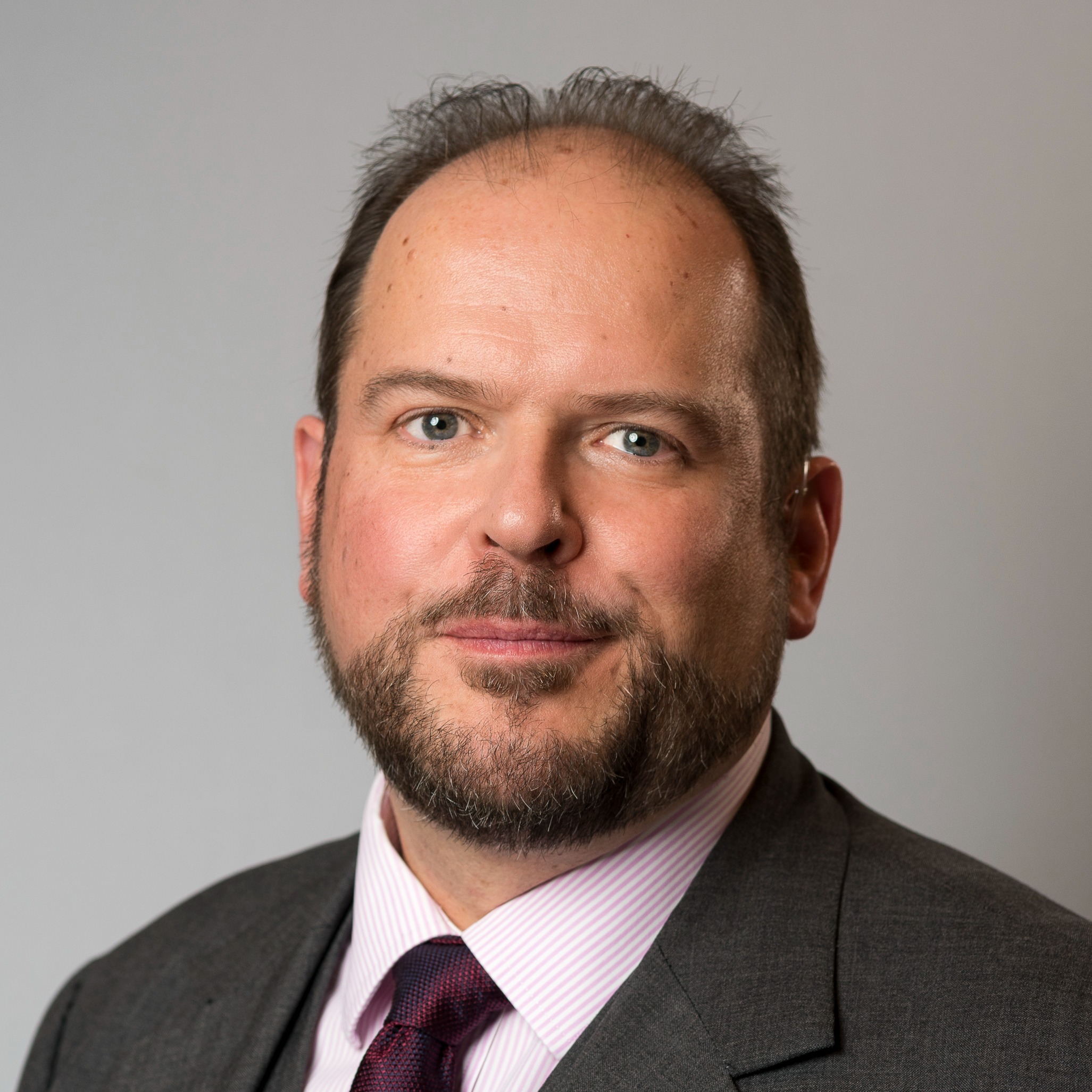
Any form of volunteering provides new opportunities to learn and grow in addition to putting something back. I have taken things I have learned from volunteering into the workplace and vice versa. Specifically, my experience with the EIBF Committee has opened me up to new experiences and new problems to solve.
Frank Moxon, FEI
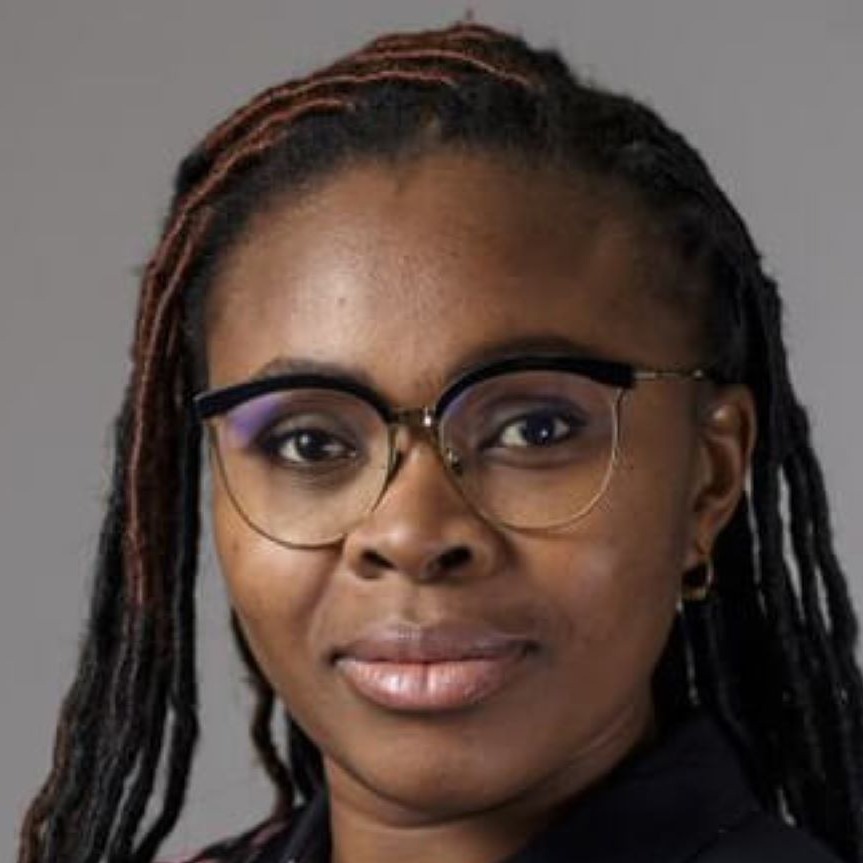
I have been an Associate Member since January 2023 after transitioning from Student Member. Prior to that, I attended EI Young Professional Network events, which gave me the opportunity to meet new people with whom I’m still in contact to date. I also like that I can access training cheaper or free, as well as the opportunity to volunteer within the EI.
Chinyere Bibian Odogwu, AMEI
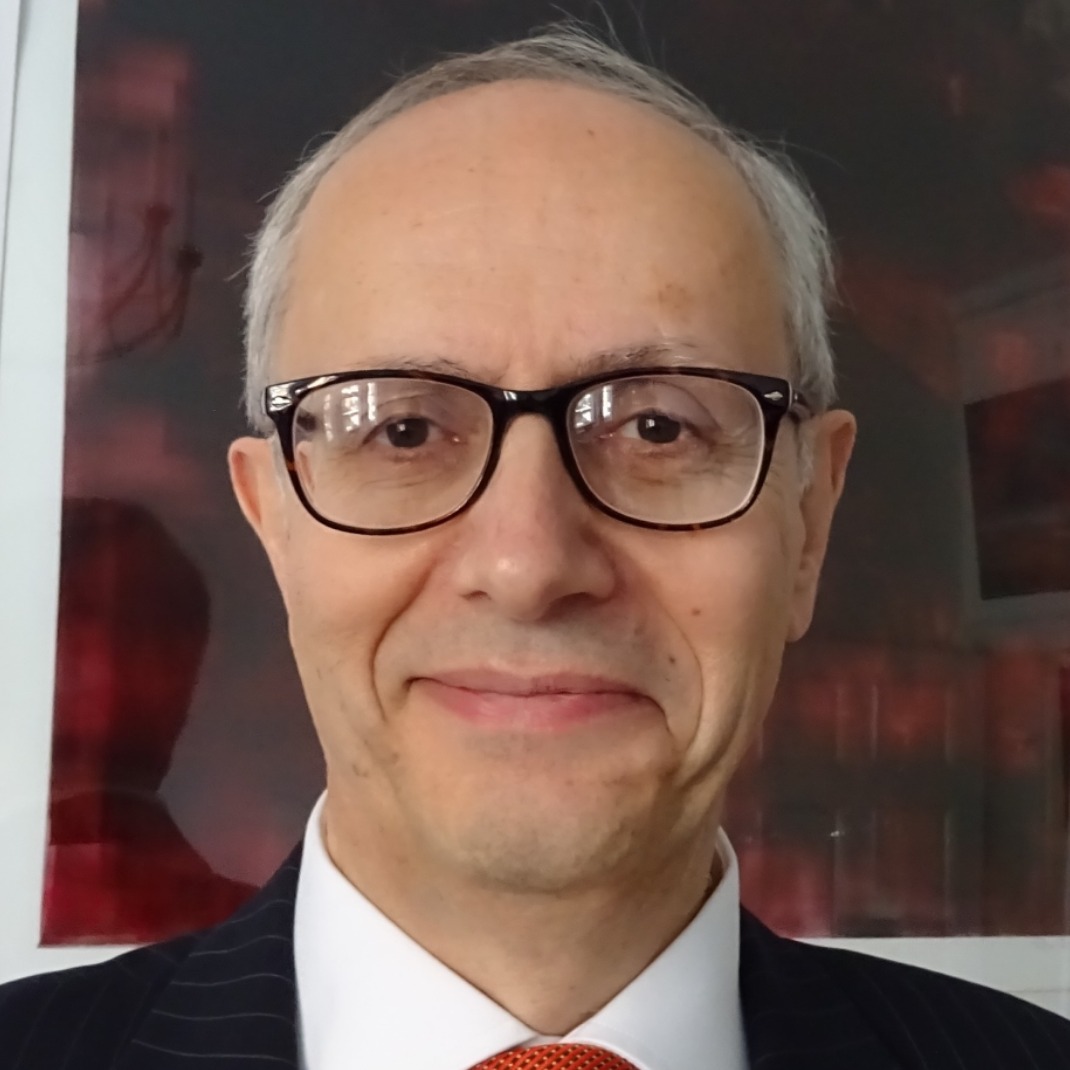
As a volunteer, the Energy Institute gives members the opportunity to make a contribution to the wider energy transition whilst enhancing their ability to contribute to their own company’s initiatives. In my experience the best way to start is just to get involved... I did and have never regretted it!
Anthony Levy

Through my volunteering experience, I have connected with a diverse range of professionals in the energy sector, which has significantly enriched my understanding of the industry. This engagement has not only broadened my technical knowledge but has also helped me develop valuable networking skills and foster professional relationships with experts across different areas of energy.
Hayton Chan, MEI CEnv
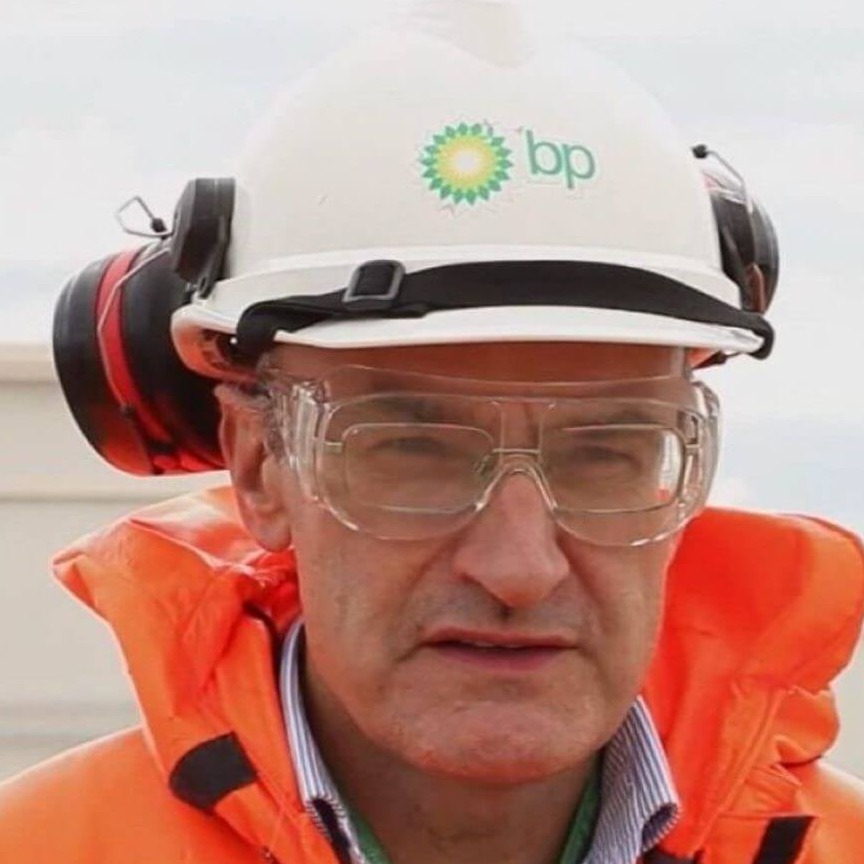
I enjoy mentoring people because it is a chance to meet people from different backgrounds and cultures, and seeing new talent coming through. It is a way of giving back to our energy industry and promoting the feeling of being in a community.
Harry Moss, EI Connect Mentor

I won the Energy Institute’s Energy Manager of the Year award in 2017 and realised I did actually have a lot of knowledge and experience that I wanted to use to mentor others... The thing I am most proud is my involvement to mentor people at the start of their career journey.
Rachel Ward MEI Chartered Energy Manager
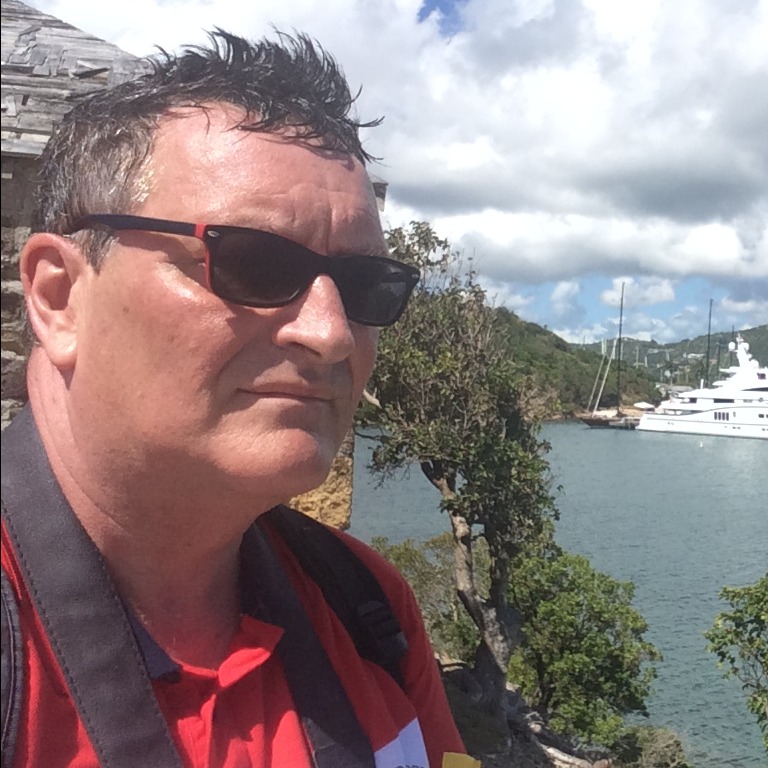
As interviewers, we get to meet a range of candidates from across the world working in many different industries and facing varying political and economic challenges. It is fascinating to learn how they meet these challenges, and we also get to learn of new technologies and approaches.
Dave Farebrother FEI CEng CEnv MIEMA
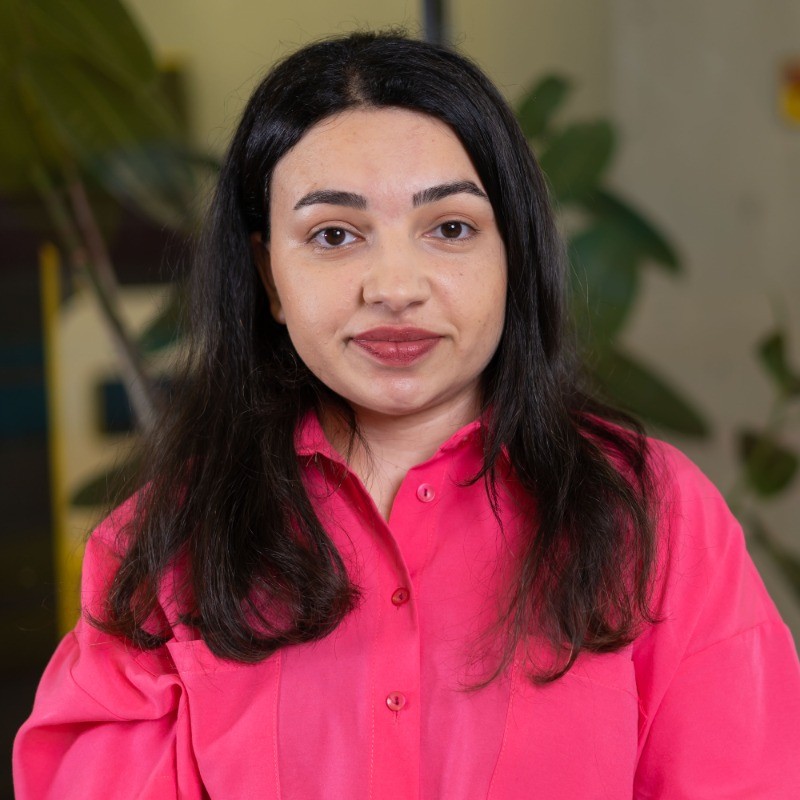
While my initial intention in joining the EIBF team was to contribute and give back, I have also gained invaluable insights from working with colleagues who come from diverse backgrounds and industries. These two years have enriched my personal and professional development significantly.
Mrs. Gunel Aghabayli, MRSC
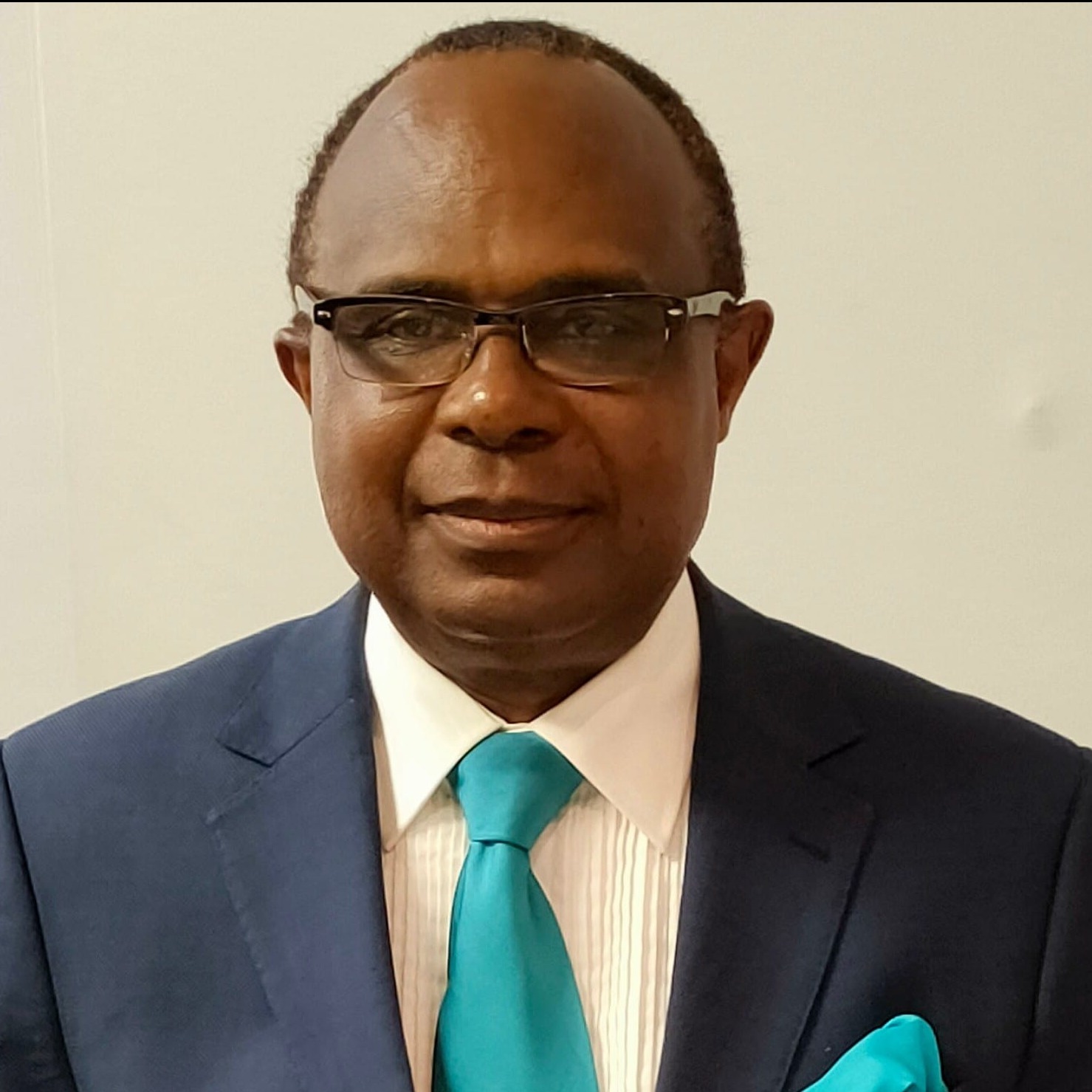
My experience as a volunteer within the EI gave me a sense of belonging to a respectable peer group and my time and effort have been productively applied for the betterment of society... There is great fulfilment in applying personal skills and effort to have influence in the lives of others through mentoring and improvement of standards in the profession.
Dr Boma Douglas MSc PhD CEng MEI
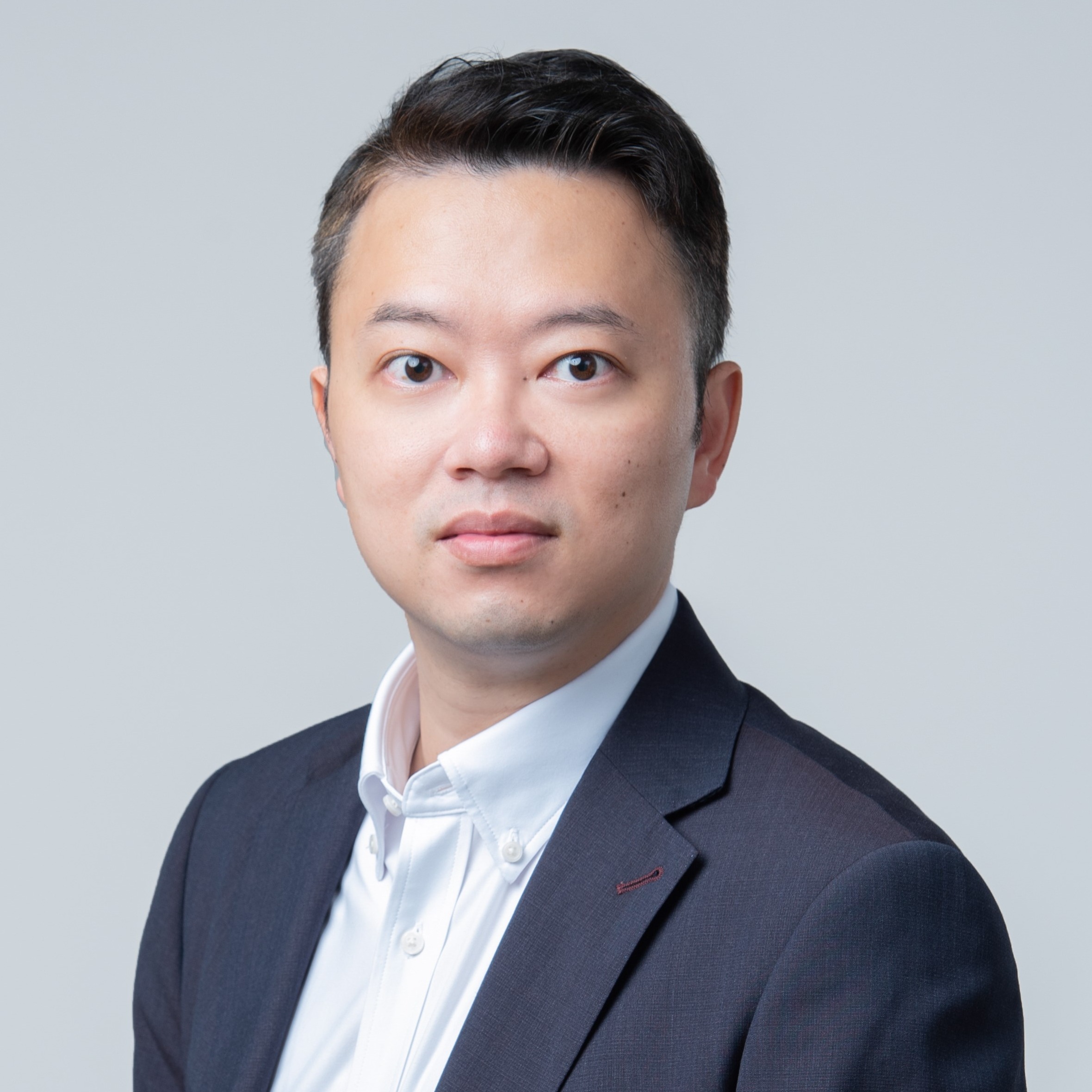
Participating in branch activities has provided me with the chance to connect with professionals from around the world. These connections have expanded my professional network and provided valuable mentorship and guidance, which is crucial for my career growth... Based on my experience, I would highly recommend volunteering on the branch committee to other members.
Lam Ka Ho (Polex) MEI CEnv Chartered Energy Manager
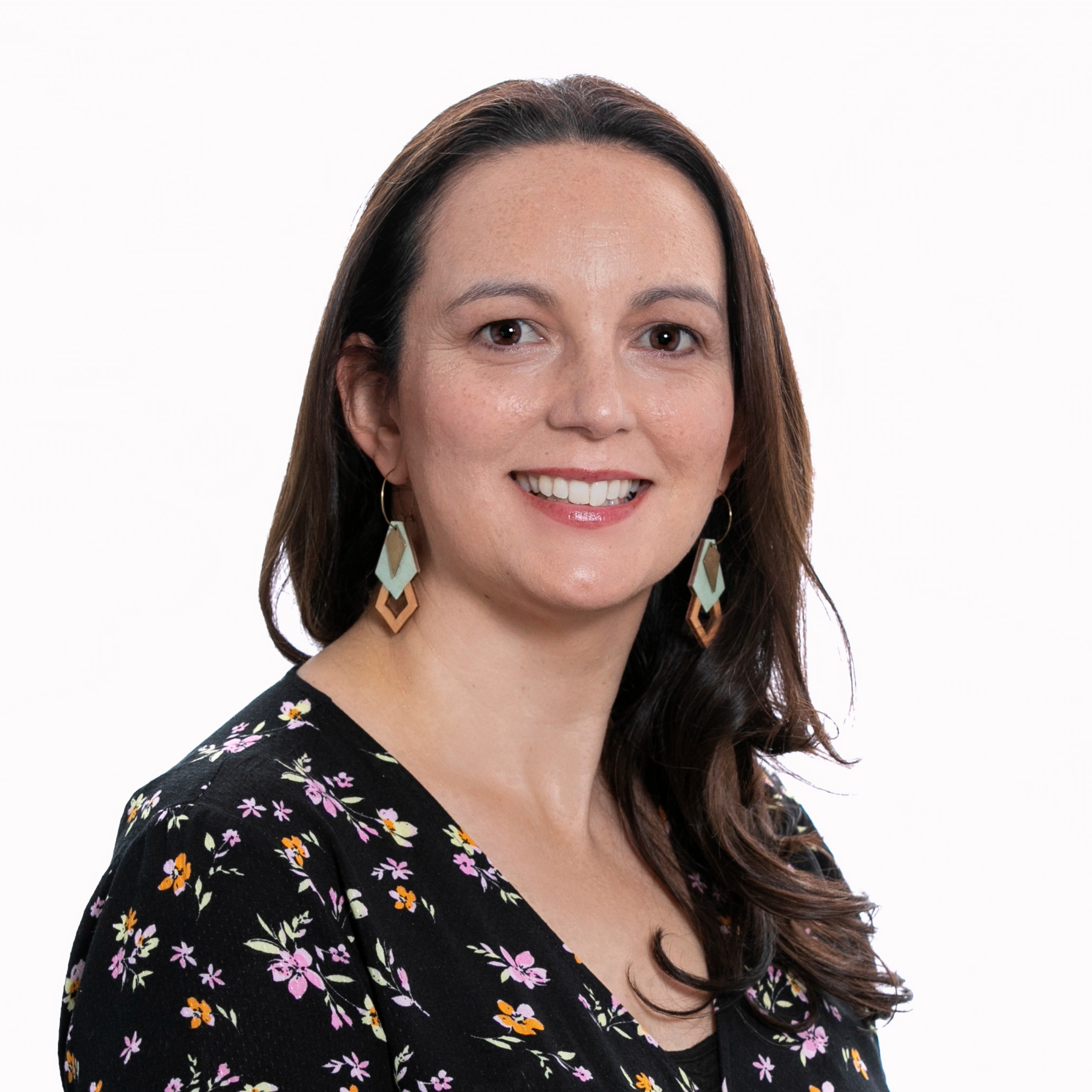
Personally, I feel incredibly blessed that I have a group of energy professionals from various sectors that I know I can count on to discuss ideas with and learn from (and vice a versa). I have learned a lot from my colleagues as a committee member, for which I am incredibly thankful. I continue to learn and share knowledge to this day and look forward to the committee meetings.
Nicola Murphy, FEI
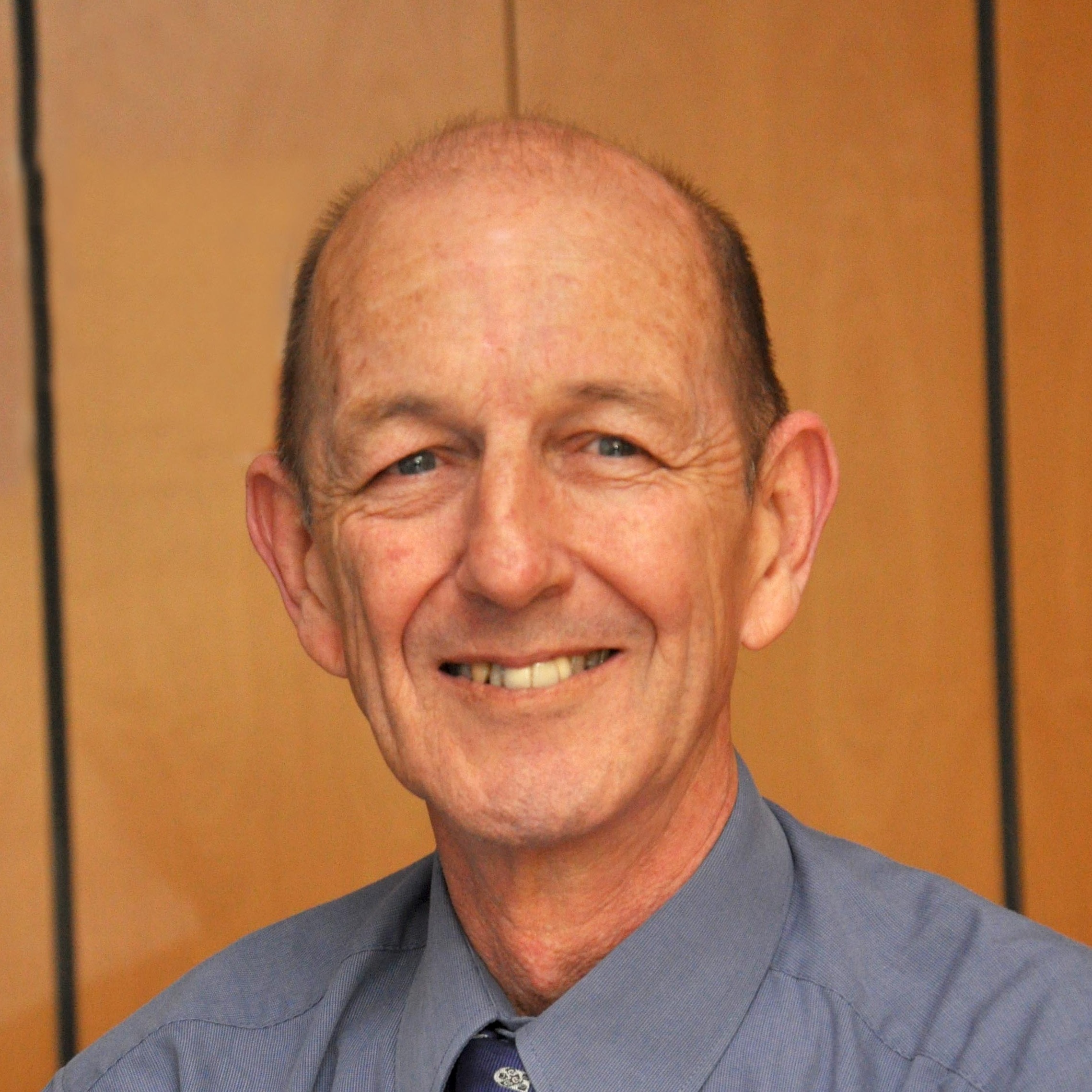
As an engineer in the ‘sunset’ of my career, it is incredibly refreshing to chat (every EI interview is a ‘discussion amongst equals’) with young people on the first steps of their career. The EI makes it easy to volunteer. We get free training... and exposure to a wide range of members. The contacts that you make will change your life.
Dr. Robin Kent, CEng FEI Chartered Energy Manager
Frank Moxon, FEI
Q. Tell us your background and how you became a member of the Energy Institute (EI).
When I joined the Institute, I was a corporate financier specialising in the oil & gas and mining sectors. I have subsequently become a serial non-executive director in those sectors and others. I joined as a Fellow by virtue of my industry experience.
Q. What motivated you to go the extra mile by volunteering with the EI?
I have been volunteering for the RNLI and the Worshipful Company of International Bankers for over 20 years and for the Chartered Institute for Securities & Investment (“CISI”) for nearly 20 years. I have also been a Trustee of Diabetes UK, Reach Volunteering, the Brokerage Citylink, the CISI and, currently, the CISI Educational Trust. I am also a volunteer watchkeeper at the National Coastwatch Institute. So, it just seemed natural to take up an opportunity to help at the EI.
Q. How did you first get involved with volunteering in the EI?
I responded to an advert looking for volunteers to join the Energy Institute Benevolent Fund (EIBF) Committee in the EI’s magazine.
Q. What specific roles have you played over your years of volunteering in the EI?
I have been a member of the Energy Insitute Benevolent Fund (EIBF) Committee for four years. During that time, I co-led the development of its Operations Manual which, for the first time, set out in a single document its terms of engagement and operating procedures and introduced some forward-looking objectives and KPIs.
Subsequently, I now chair the Committee’s strategy group. On a day-to-day basis, like other committee members, I help to assess the merits of the applications for assistance that we receive and monitor the progress of cases and usage of the benefits that we offer to EI members.
Q. How have the projects you worked on impacted the energy community and our cause as an organization?
The EIBF continues to provide vital financial and other support to EI members who need it most, those under financial stress or who are facing difficult times in their lives. During Covid, the EIBF also provided financial assistance to members who were struggling to pay their membership fees. It is also a source of a wide range of information and advisory services that would equally well suit members who are not in crisis but living wholesome and successful lives. Unfortunately, the membership seems to be largely unaware of the latter.
Q. What are some of the challenges you faced and how did you navigate through them?
The biggest challenge has been getting more members to use our helpline and free advisory services. Is it stigma or lack of awareness? We are still working on that.
Q. How has being a volunteer contributed to your personal and professional development?
Any form of volunteering provides new opportunities to learn and grow in addition to putting something back. I have taken things I have learned from volunteering into the workplace and vice versa. Specifically, my experience with the EIBF Committee has opened me up to new experiences and new problems to solve. I had not previously worked in the field of addressing poverty and assessing that type of need. It has been another learning process that will help inform other areas of my professional and volunteering work.
Q. Any final thoughts or reflections you would like to share about your experience volunteering with the Energy Institute?
Membership of any professional institute is a journey, the full length of which runs from professional education and early career stages through an entire career and into retirement. In the early to mid-career stages, members are benefitting from this. Volunteering allows members to put something back.
Q. What would you say to someone considering volunteering with the EI?
If you have free time and want to broaden your horizons, learn new skills and make a difference within your industry and to the lives of others, try volunteering.
Chinyere Bibian Odogwu.jpg
Anthony Levy
Amazingly it was thirty years ago that I became actively involved with the Institute of Petroleum, one of the two legacy institutions that we merged to create the Energy Institute. Over those many years I have served in a wide range of voluntary roles... on Council, as a Vice President, and as Honorary Secretary, as well as chairing and sitting on committees of Council.
Some of you might think I’m a glutton for punishment but I'd like to explain why it’s been so worthwhile. From my perspective each of us needs to have three elements for our lifelong learning... a continued development of our technical knowledge, an increasing understanding of the organisation we work for, and a broadening understanding of our industry. It was this third element that brought me to our Institute. I have had the opportunity to meet and learn from people in the many varied parts of our sector, to expand my awareness and understanding of technological advances, and to play a part in energy policy development. It has also both given me experience in chairing and influencing that has helped my career with other organisations, and has given me the opportunity to contribute to the work of the Institute. What’s more, it’s been fun!
When I joined the industry in 1979 it was a turbulent year with economic and geopolitical issues heavily driven by energy. It was also a period of extraordinary technical innovation and a very exciting time to be in the industry. Now, over 40 years later, I think the industry is going through another period of transformation that is every bit as exciting as when I joined, and even more important. The urgent need to decarbonise the energy system, whilst simultaneously making energy affordable for the many people who remain energy poor, is the critical driver for today and the next thirty years. We are seeing technical innovation across many energy sources and we’re going to need all of them.
As a volunteer, the Energy Institute gives members the opportunity to make a contribution to the wider energy transition whilst enhancing their ability to contribute to their own company’s initiatives. In my experience the best way to start is just to get involved... I did and have never regretted it!
Hayton Chan, MEI CEnv || Sustainability Engineer, Arup
Q. Tell us your background and how you became a member of the Energy Institute (EI)
My name is Hayton, and I was born and raised in Hong Kong. I earned my bachelor's degree in Energy Science and Engineering, where I developed a strong foundation in the principles of energy efficiency and sustainable technologies. Currently, I work as an engineer at Arup, where I specialize in climate and sustainability initiatives. In this role, I focus on implementing innovative solutions that address environmental challenges and promote a more sustainable future.
In 2024, I became a Chartered Environmentalist through the Energy Institute.
Q. How did you first get involved with volunteering in the EI and what motivated you to go the extra mile by volunteering with the EI?
I first became involved with volunteering for the Energy Institute (EI) shortly after I graduated with my bachelor's degree in 2019. I joined the Young Professional Network of the Hong Kong Branch of the EI, where I had the opportunity to assist with various events, including technical visits and knowledge-sharing sessions.
Through my volunteering experience, I have connected with a diverse range of professionals in the energy sector, which has significantly enriched my understanding of the industry. Participating in symposiums and workshops has allowed me to gain insights that extend beyond my day-to-day work. This engagement has not only broadened my technical knowledge but has also helped me develop valuable networking skills and foster professional relationships with experts across different areas of energy.
Q. What specific roles have you played over your years of volunteering in the EI?
I currently serve as the Vice-Chair of the Young Professional Network for the Energy Institute (EI) Hong Kong Branch. In this role, I am involved in organizing a variety of initiatives aimed at enhancing engagement within the energy community. One of my key responsibilities includes collaborating with other organizations to promote the Energy Institute's mission and values.
I have also been involved in a Student Ambassador Program designed to engage university students, who represent the next generation of professionals in our field. Moreover, I have worked alongside other branches of the Young Professional Network within the Energy Institute to host webinars, where I share my perspectives on the energy sector and the journey toward decarbonization.
Furthermore, I have organized talks focused on the chartership process. These events aim to guide and support individuals in their professional development, helping them navigate their career paths and achieve their goals in the energy sector.
Q. What are some of the challenges you faced and how did you navigate through them?
I would identify education and encouraging behaviour change as one of the challenges I currently face. While there is a growing number of regulations, policies, and guidelines related to sustainability, decarbonization, and energy management globally, it is important to engage individuals beyond just those working in these fields. Everyone has a role to play in addressing climate change, and broad participation can lead to a more substantial impact.
In my professional role, I focus on early stakeholder engagement to develop strategies and solutions that promote positive behaviour changes. I believe that by involving a wider audience, we can foster a greater sense of responsibility toward environmental issues. Moreover, being part of the Energy Institute allows me to share knowledge about sustainability, energy, and environmental stewardship with a diverse range of individuals.
Q. How has being a volunteer contributed to your personal and professional development?
Through my volunteer experience, I have had the opportunity to meet a wide range of professionals from diverse backgrounds. This exposure has enriched my knowledge and allowed me to gain insights and innovative ideas from the younger generation. Also, collaborating with my committee members has helped me develop valuable teamwork and collaboration skills.
Q. Any final thoughts or reflections you would like to share about your experience volunteering with the Energy Institute?
Volunteering with the Energy Institute has been an invaluable experience for me. It feels like being part of a big family where I can connect with many individuals, learn from their stories, and take the initiative to make a meaningful impact on our world.
Harry Moss
Rachel Ward- Environmental Sustainability Manager, Royal Veterinary College
Q. Tell us your background and how you became a member of the Energy Institute.
I originally studied to become a Chemical Engineer without much enthusiasm before pursuing my dream career in Energy Management following completion of MSc Clean Technology. I’ve worked in various in-house and consultancy roles for over 20 years. I was lucky enough to be mentored by two EI members who shared their knowledge with me and imparted on me how invaluable membership to the EI was. I joined as a student member and have gained Chartered Energy Management status.
Q. How did you first get involved with volunteering in the EI?
I won the Energy Institute’s Energy Manager of the Year award in 2017 and realised I did actually have a lot of knowledge and experience that I wanted to use to mentor others.
Q. What specific roles have you played over your years of volunteering in the EI?
I have undertaken Chartered Energy Manager and Member applications. I also undertake interviews for ESOS register.
Q. How have the projects you worked on impacted the energy community and our cause as an organization?
I’ve worked on delivering energy reduction projects for over 20 years covering all kinds of energy management projects which have delivered significant carbon savings. My strength has been getting everyone I work with excited about energy management projects. The thing I am most proud is my involvement to mentor people at the start of their career journey. I established a Masters course in Sustainability in which I taught a module on Practical Sustainability. I am currently acting as supervisor for final year projects on a range of topics; from the carbon impact of feed on cows, changes soil management has on biodiversity to investigating the impact of COVID on energy and transport.
Q. What are some of the challenges you faced and how did you navigate through them?
When I initially wanted to work in the energy world, there were very few jobs and they all required energy management experience making a catch 22 situation! To overcome this, I volunteered through the Groundwork/Princes Trust scheme to get some experience. This still wasn’t enough! I then took jobs in the pharmaceutical industry and did everything I could to get involved in any sustainability projects whilst doing additional courses to top up my knowledge. Thankfully my stubbornness paid off and I’ve had a career in energy and sustainability ever since. This really fired my passion to help others get their foot in the door.
Q. How has being a volunteer contributed to your personal and professional development?
I learn so much from the applications and interviews. Everyone has come into Energy Management from a different route, and I love finding out how people ended up in the role.
I was an assessor during two periods of maternity leave which helped me feel connected to the industry and made it less daunting on my return to work, as I felt like I’d kept up with the advances.
Q. What would you say to someone considering volunteering with the EI?
EI members have such a wealth of knowledge and experience it would be a shame not to share it with others!
Thank you!
Dave Farebrother FEI CEng CEnv MIEMA, Senior Sustainability Manager at Equans
Q. Tell us your background and how you became a member of the Energy Institute.
I started in energy management in 1986 when I joined Land Securities, and I believe I was probably just the second in-house energy specialist in the UK property sector. I took a MSc in Environmental Engineering at South Bank University and was sponsored to join the Institute by then-President.
Q. What motivated you to go the extra mile by volunteering with the EI?
I think I am a natural volunteer! I have been a committee member of various sports clubs since I was 17 and was on the committee of the Central London Energy Management Group for over 20 years, serving as Secretary, Chairman and Treasurer.
Q. How did you first get involved with volunteering in the EI?
I began back in the 1990s by serving on the Educational & Technical Committee but then, about 15 years ago, the Institute was asking for people to support the membership process. So, I volunteered and, after receiving some training, was soon asked to participate in an interview. I maybe did about ten before starting to act as lead interviewer.
Q. What specific roles have you played over your years of volunteering in the EI
I served on the technical committee for a number of years, although its name evolved over time, and of course I support the membership programme as an interviewer and, more recently, with the initial assessments. I started out with a focus on memberships and CEng but now also cover CEnv and the Energy Management side. I recently delivered training to the next cohort of volunteer interviewers and assessors. I was also one of many participants, in a small way, when the Institute played a part in developing ISO:50001
Q. How have the projects you worked on impacted the energy community and our cause as an organization?
I have been lucky enough to work principally for two large companies that have helped spearhead the built environment’s movement towards energy efficiency and low carbon. This led to my involvement with both UKGBC and the Better Buildings Partnership and I think that along with the EI that the knowledge sharing and collaborative nature of these organisations has helped further the cause of energy and sustainability.
Q. How has being a volunteer contributed to your personal and professional development?
As interviewers, we get to meet a range of candidates from across the world working in many different industries and facing varying political and economic challenges. It is fascinating to learn how they meet these challenges, and we also get to learn of new technologies and approaches.
Q. Any final thoughts or reflections you would like to share about your experience volunteering with the Energy Institute?
I enjoy it. Most of the candidates are interesting to talk to and you can offer as much or as little time as suits you, the EI doesn’t put any pressure on its volunteers.
Q. What would you say to someone considering volunteering with the EI?
Do it – all it costs you is a little bit of time but it broadens your own knowledge and you also get the satisfaction of knowing you are helping fellow professionals.
Thank you!
Gunel Aghabayli, AMEI, MRSC || Sr Technical Support Engineer, AspenTech (UK)
Q. Tell us your background and how you became a member of the Energy Institute.
I am a process engineer with a background in chemistry and chemical engineering, and I have over 10 years of experience working in both industry and academia. Alongside my professional career, I have also launched several start-up projects and participated in various competitions.
Currently, I am the founder of an organization that empowers women in science, technology, engineering and mathematics (STEM). My journey with the Energy Institute (EI) began in 2017 when I attended a lecture by an EI member during the start of my PhD, which focused on energy-related topics. This sparked my interest in joining EI, as it aligned with my research interests in energy.
Q. What motivated you to go the extra mile by volunteering with the EI?
I believe that it is essential to give back to the community to maintain a balance in the world. After joining the EI in 2017, I had the opportunity, as a student, to attend the International Energy (IE) Week conference for three consecutive years, free of charge. This was made possible through an EI initiative that invited students to write essays on the importance of attending the conference, and my essays were selected.
When I later received an email about volunteering opportunities, I felt it was time to give back to the EI for the invaluable experiences it provided me.
Q. What specific roles have you played during your time volunteering with the EI?
I have been volunteering with the Energy Institute Benevolent Fund (EIBF) team for two years now. Initially, I joined as a team member, and in April 2024, I took on the role of Lead Member for the Communications Group within EIBF. My contributions include working on the development of our Operations Manual, particularly the KPIs and application process section.
Currently, I am focusing on enhancing engagement with EIBF through social media posts and EI Assist events. My role involves increasing awareness and interest in EIBF, ensuring that our initiatives reach a broader audience.
Q. What are some challenges you faced, and how did you navigate through them?
Joining a new team always presents the challenge of familiarizing yourself with its goals, values, and dynamics, especially when the team operates virtually and meets only three times a year. It was initially difficult to integrate and find where I could contribute effectively. Another challenge has been raising awareness and attracting new members to EIBF. However, through collaboration and continuous effort, we are making progress, and I am actively engaged in this ongoing process.
Q. How has being a volunteer contributed to your personal and professional development?
I firmly believe that there is always room for growth, no matter one’s age or level of experience. While my initial intention in joining the EIBF team was to contribute and give back, I have also gained invaluable insights from working with colleagues who come from diverse backgrounds and industries.
The experience of learning from their expertise has been truly rewarding, and it has helped me align my ideas with the values of both the EI and EIBF. These two years have enriched my personal and professional development significantly.
Q. Any final thoughts or reflections you would like to share about your experience volunteering with the Energy Institute?
Volunteering with EI has been a deeply fulfilling experience, and I consider it a privilege to be part of an organization that provides so many opportunities for personal and professional growth. The diversity within the EI community fosters a rich exchange of knowledge, which benefits both the volunteers and the broader energy sector.
Q. What would you say to someone considering volunteering with the EI?
Volunteering has been a significant part of my life for over a decade, and I see it as a continuous journey of giving back and gaining new experiences. I would highly encourage anyone—whether young or experienced—to consider volunteering with EI. The opportunities EI offers for its members are vast, and becoming a volunteer allows you to contribute meaningfully while developing skills and knowledge that you can apply in other aspects of your career.
Dr Boma Douglas- Principal Engineer/CEO Doxxy Energy Consultancy Ltd
Q. Tell us your background and how you became a member of the Energy Institute.
I have a Doctorate and Master of Science degree in Environmental Engineering from South Bank University London, with a background in Civil & Structural Engineering. My dissertation during the master’s programme was Application of Solar energy in the Tropics and my thesis during the doctorate was on Environmental Impact Assessment. My work with Atkins under Carbon Management and Renewables at the Oxford Office exposed me to Energy Efficiency and directed the need to seek chartership with the Energy Institute.
Q. What motivated you to go the extra mile by volunteering with the EI?
Shortly after becoming a Chartered Engineer, I was encouraged by a director in Atkins who was a Fellow of the EI to get involved with the EI Committee as he noticed my outgoing nature.
Q. How did you first get involved with volunteering in the EI?
I became a Member of the London & Home Counties Branch Committee where we had meetings and arranged Branch events.
Q. What specific roles have you played over your years of volunteering in the EI?
I was the Membership & Education Adviser for the London & Home Counties Branch and so automatically became a Member of the Membership Panel as an Assessor and Interviewer. I later became Chair of the London & Home Counties Branch and was subsequently voted as a Trustee & Member of the Governing Council.
My latest role is as Deputy Chair of the Membership Panel
Q. How have the projects you worked on impacted the energy community and our cause as an organization?
During my membership of the EI Branch Committee, I went round to universities to speak to postgraduate students about membership benefits of the Energy Institute and most of them took up the opportunity. I also invited some experts on the Membership Panel to give keynote addresses at major events organised by the Engineering Forum of Nigerians EFN UK when I was President of the charity. Most of the members became interested with the EI.
Q. How has being a volunteer contributed to your personal and professional development?
My being a volunteer gave me the fulfilment of giving something back to society. I am also well respected in the industry and within the Community. It also gave me a wide range of connections within the professional community in terms of networking.
Q. Any final thoughts or reflections you would like to share about your experience volunteering with the Energy Institute?
My experience as a volunteer within the EI gave me a sense of belonging to a respectable peer group and my time and effort have been productively applied for the betterment of society.
Q. What would you say to someone considering volunteering with the EI?
There is great fulfilment in applying personal skills and effort to have influence in the lives of others through mentoring and improvement of standards in the profession.
Lam Ka Ho
Nicola Murphy FEI | Development Project Manager, SSE Renewables
Q. How long have you been a member of the Energy Institute (EI)?
I have been a member of the Energy Institute for over 15 years. I joined the Institute when I started work in the renewables sector in Northern Ireland. Prior to that, during maternity leave with my eldest daughter (now 20), I completed online courses in energy and environmental awareness. At that time, I was living in Canada and was inspired by Vancouver’s approach to hosting a carbon neutral 2010 winter Olympics.
Q. What motivated you to go the extra mile of volunteering with the EI?
Volunteering with the Energy Institute Northern Ireland (EI NI) Branch started when I worked at Action Renewables in business development. My role entailed growing the Action Renewables Association.
The EI NI Branch holds numerous events throughout the year including technical seminars, symposiums and the annual dinner, all of which are apt for networking and learning. Fifteen years ago, a colleague who worked for DETI (now the energy department within Department for Education) asked me if I would be interested in joining. He was a member, and he thought that I would benefit from joining.
At that time (2009) the EI NI Branch committee akin to many other branches was predominantly male dominated. It provided me with the opportunity to, over time, increase the number of females on the committee/board, which I am pleased to say is currently 50% female with a fabulous female Chair, Sam McCloskey.
Q. What specific roles have you played over your years of volunteering in the EI?
Over the past 15 years I have held several roles, from Chair (2020 to 2022), Vice Chair (2018 to 2020), Treasurer (2015 to 2018), to Secretary (2009 to 2011). From 2013 to 2014 I held the position of Branch representative which involved travelling to in person meetings at the EI headquarters in London and sharing best practices with other branch chairs from the UK and internationally. I have been instrumental in organising annual dinners including guest speakers, technical visits to various companies throughout Northern Ireland, debates, symposiums as well as chairing many of these events.
I was involved in launching the Women In Energy group with Women in Business. Nicola Murphy, new Chair of Energy Institute, NI Branch | Women in Business NI. I am also a member of POWERful Women.
Q. How have the projects you worked on impacted the energy community and our cause as an organization?
The projects that I have worked on, along with my colleagues on the committee, have had a positive impact on the energy community in Northern Ireland and beyond. They have imparted expert opinions, provided time for discussion and most importantly, networking opportunities. During Covid I chaired an online webinar on Green Gas with members joining from as far as Malaysia, and the United States!
Q. What are some of the challenges you faced and how did you navigate through them?
The first few years of my tenure on the committee I found difficult as I was often the only female. I was younger and not as confident as I am now! As a committee (and with support from the EI head office) we then made a commitment to invite more females onto the committee, as well as attract more female members. This took some time and convincing but proved to be fruitful in the end.
I also struggled at times to make the meetings as they generally took place after work, often starting at 6 pm. This was a tough time for me, as I had a young family. The first thing that I did was to change the times of the meetings from after work to lunchtimes. This took a while to instigate but after having done so, more members turned up. Now many of our meetings take place late morning or lunchtime and are online, in person or hybrid. Keeping up with new technology is still something I struggle with, there are so many innovations in energy but being a member of the EI is an ideal way to focus on the gamechangers which are often discussed in the online magazine, at webinars, and/or during conferences etc.!
Q. How has being a volunteer contributed to your personal and professional development?
I have a strong sense of good governance, fairness and inclusivity. From being a committee member, I have a deep understanding of ensuring that things are done properly and that we, as a committee, are following the correct codes, rules and regulations. This could be from making sure that we have equal female representation when organising seminars etc. or getting 3 quotes for anything we are procuring (venues/catering), to following protocol in relation to organising AGMs etc.
Personally, I feel incredibly blessed that I have a group of energy professionals from various sectors that I know I can count on to discuss ideas with and learn from (and vice a versa). The NI Branch committee are diverse in gender, expertise and backgrounds which makes for a wonderful space to flourish in.
Q. Any final thoughts or reflections you would like to share about your experience volunteering with the Energy Institute?
Fifteen years have gone by in a flash. The first few years were tough, and reflecting on that time, I realize it was my first committee/board position, so I had a lot to learn. On the flip side, it gave me the confidence to sit on several other boards over the years, most recently at Northern Ireland Fencing and Holywood Shared Town. I have learned a lot from my colleagues as a committee member, for which I am incredibly thankful. I continue to learn and share knowledge to this day and look forward to the committee meetings. Over the past few years, my work has ramped up, but I do my best to prioritize the Energy Institute and my colleagues.
Q. What would you say to someone considering volunteering with the EI?
I would say try it out! You don’t have to commit initially, to quote CS Lewis, You never know what you can do until you try, and very few try unless they have to.
Dr. Robin Kent, CEng FEI Chartered Energy Manager || Managing Director, Tangram Technology Ltd.
Q. Tell us your background and how you became a member of the Energy Institute (EI).
I am actually a Materials Engineer with a Ph.D. in Polymer Physics and spent my early career in plastics processing and PVC–U windows. I started my own engineering consultancy in 1996, intending to specialise in plastics building products. Through a series of accidents (there was no plan), I ended up in the energy management area for plastics processors and in 2008 wrote the only book on the topic (enticingly titled “Energy Management in Plastics Processing” and the 4th edition is now in preparation).
I was already a Fellow of the Institute of Institute of Materials, Minerals & Mining and, in 2014, decided that the EI was the natural home for the energy management work that I was doing and applied to become a Fellow and Chartered Energy Manager. Fortunately, the EI is a ‘broad church’ and even accepts physicists!
Q. What motivated you to go the extra mile by volunteering with the EI?
I believe that “You only get out what you put in”. If you are going to be a member of any organisation, then you have to also contribute. The same goes for society as a whole, one of the reasons that I was a Cub Scout Leader for over 30 years and continue to be a climbing and shooting instructor for the Scouting movement.
Q. How did you first get involved with volunteering in the EI?
The Membership team could be very persuasive. They somehow convinced me that there were not enough assessors/interviewers for Chartered Engineer and Chartered Energy Manager and that I should help out. I am hoping to regain the use of my arms in the near future.
Q. What specific roles have you played over your years of volunteering in the EI?
I am primarily an interviewer for EI membership and accreditation. As a Fellow, CEng. and Chartered Energy Manager, I can interview for all these grades (and below) and the EI keeps me very busy doing this. I like to ‘stick to my knitting’ and I think I have found a niche that I both like and is very necessary for the EI.
Q. How have the projects you worked on impacted the energy community and our cause as an organization?
Interviewing might seem inconsequential, but it is fundamental to maintaining the standards and integrity of the profession. The assessors, interviewers and the Membership Panel are the ‘gateway’ to the EI. We are tasked with maintaining internal standards and, in the case of CEng., external standards for membership.
Gaining EI membership and the associated grades is highly regarded externally, and it is not a matter of simply paying the subscription. Every member of the EI has been through the same process, has been assessed to the same standards and has met the standards. We may not always agree but we do know that we are all equals in any discussion.
Q. What are some of the challenges you faced and how did you navigate through them?
The biggest challenge in assessing or interviewing is making the final recommendation. The applicants have spent many hours preparing their submissions and our recommendations can be career changing. We want all the candidates to go on to do great things but sometimes the submissions and interviews do not provide sufficient evidence of meeting the standards. In many cases, this can be rectified by more experience or better documentation. However, we are tasked with maintaining standards and, if we are to continue as a professional body of equals, then these must be maintained.
Fortunately, we interview in pairs, with the support of the EI staff, and it is rare that decisions are not unanimous. Having the support of a fellow interviewer whose judgement you trust is invaluable (and they are lovely people to work with too).
Q. How has being a volunteer contributed to your personal and professional development?
I have lost count of the number of interviews I have carried out, but I still maintain that I should learn something new in every interview. As an engineer in the ‘sunset’ of his career, it is incredibly refreshing to chat (every EI interview is a ‘discussion amongst equals’) with young people on the first steps of their career. They have so much to contribute in the future, they are so enthusiastic, knowledgeable and filled with promise. They teach me so much and I record every interview in my own CPD record to reflect this.
I often say that “If I don’t learn something new in every interview then I think I have failed as an interviewer”. Fortunately, this is not often, although potentially this reveals the paucity of my own knowledge rather than my skill as an interviewer.
Q. Any final thoughts or reflections you would like to share about your experience volunteering with the Energy Institute?
The EI makes it easy to volunteer. We get free training (although I do deliver some of it) and exposure to a wide range of members.
The contacts that you make will change your life. After interviewing an exceptional candidate, we started a mentoring relationship and we are still meeting up, even though he has far surpassed my own achievements. He is now mentoring one of my other contacts and the three of us meet up for dinner every 4–6 months. I learn something every time.
Q. What would you say to someone considering volunteering with the EI?
There is nothing to lose and a lot to gain. You only get out what you put in.
Are you interested in volunteering as an Assessor or Interviewer? Click here: Becoming an EI Assessor or Interviewer, to read what is involved and how to start today.
Nominations for volunteer awards
The Energy Institute (EI) relies on the contributions of many volunteers, like you, who generously gift their time and expertise to our activities and play a huge role in the advancement of our purpose — creating a better energy future for our members and society by accelerating a just global energy transition to net zero.
We appreciate the efforts of all our volunteers, and it is important to us that we continue to recognise the contributions our diverse community of volunteers make. To recognise significant contributions, we have various awards that we issue to those deserving individuals (see our awards definitions below).
We would particularly welcome nominations for individuals from diverse backgrounds, including women and minority communities.
Award categories
The Award of Council is presented for meritorious service to the EI, normally being of the order of ten years' duration, though this is flexible and can be made because of the measure of impact an individual has had instead. Candidates may come from any of the areas of the EI's activities and are often nominated by peers through their involvement on working groups or local communities, for example.
The Lifetime Contribution Award is presented for an ongoing consistently outstanding contribution to the work of the EI (rather than excellence on one or a few projects) over many years by an individual. A Lifetime Contribution Award of Council is presented for service to the Institute in excess of 25 years’ volunteering.
The Honorary Fellowship is the highest category of membership of the EI. It is relatively rare, at present held by just under 100 members. Honorary Fellowship is open to individuals of distinction in any area of the EI’s areas of activity. Honorary Fellows may use the designatory letters "HonFEI" and receive complimentary membership for life.
Nominations are submitted to the Nominations Committee, which makes recommendations for approval by the EI Council.
Nominations for any award should include:
- the nominee's full name
- the award name
- a citation of around 200 words stating why the individual is worthy of the award, their links to the EI and background within the industry/academia
- the nominator's details (your full name, the EI Committee you're a part of and any supporting member names).
- The nominee should not be informed that a nomination is being made.
To submit your nomination(s), please send an email to ceo@energyinst.org.
Support in your role
Support is available through both human and technical resources and guidelines. Most of the services you’ll be offering as a volunteer won’t involve tools that require sophisticated technical skills. However, there are off-the-rack manuals on how to use them and if you need extra guidance, we’ll be happy to help.
Energy Institute support
We have a dedicated team of staff members who are happy to provide the support you need. Please do not hesitate to reach out to us when you need our help. You can send a mail to the appropriate department or to communities@energyinst.org if you are not sure who to address your mail to, and we will take it up from there.
Counselling support
We understand there are times life feels tough and overwhelming. If you ever need someone to share your worries with confidentially, counselling or advice- whether it’s about your work, your finances, your wellbeing, etc., EI Assist is there to help you for free.